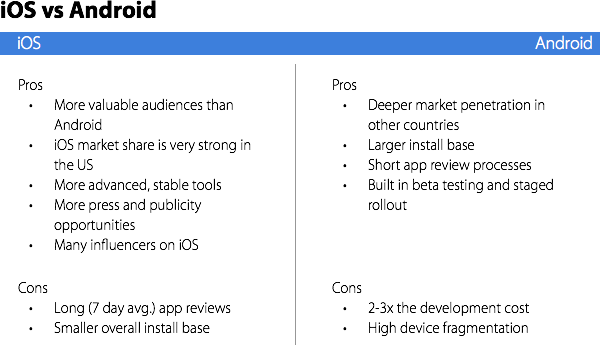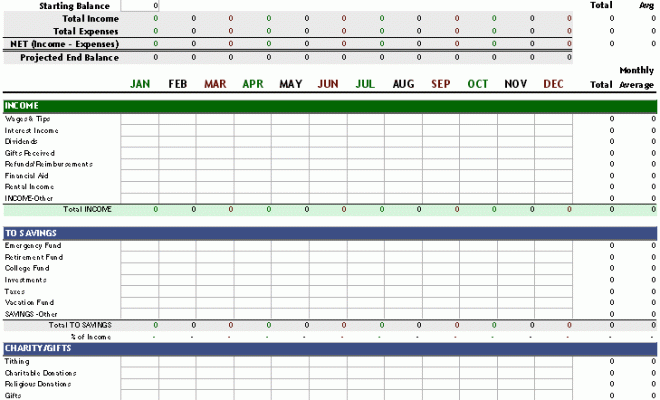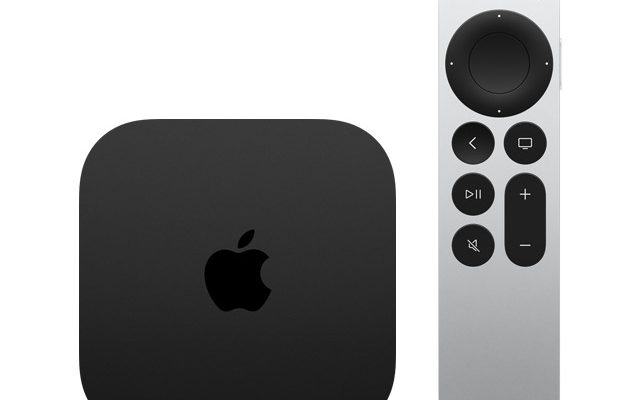The Pros and Cons of Android

Android is a popular operating system that has been around for over a decade. It offers features and benefits that are attractive to both consumers and developers. However, like any other software, Android has its fair share of advantages and disadvantages. In this article, we will explore the pros and cons of Android to help you make an informed decision.
Pros of Android:
1. Open-source platform: One of the biggest advantages of Android is that it is an open-source platform, meaning it is free for anyone to use and modify as they see fit. This makes it popular among developers because they can customize it to their liking and develop apps to meet specific needs.
2. App marketplace: The Google Play Store, the official app marketplace for Android, boasts a vast collection of apps, games, and other content. Users can find and download both free and paid apps, making it easy to find what they need.
3. Customization: Android offers a high degree of customization. Users can change the look and feel of their devices by downloading new themes, wallpapers, and other customization options.
4. Multiple device options: Android powers a wide range of devices from entry-level phones to top-of-the-line smartphones and tablets. This gives consumers a broad range of options to choose from, making it easier to find a device that suits their needs and budget.
Cons of Android:
1. Fragmentation: Due to the open-source nature of Android, there is a lack of uniformity in the software across different devices. This means that apps may not work the same way on different devices, causing frustration for users and developers alike.
2. Lack of security: Android has been criticized for its security vulnerabilities, making it a target for malware and other cyber threats. This puts users’ personal data at risk, making it important to take extra precautions to protect sensitive information.
3. Bloatware: Some Android devices come pre-loaded with bloatware, which may include unnecessary apps and features that take up storage space and slow down the device.
4. System updates: Unlike Apple’s iOS, Android updates are not always available to all devices at the same time. This means that some devices may never receive the latest system updates, leaving them vulnerable to security threats and limiting their compatibility with new apps and features.
In conclusion, while Android offers many benefits such as its open-source platform, vast app marketplace, and wide range of device options, it also has several drawbacks such as fragmentation, security vulnerabilities, bloatware, and delayed system updates. It is crucial to consider these pros and cons when deciding whether to choose Android as your operating system. Ultimately, it comes down to personal preference and priorities.






